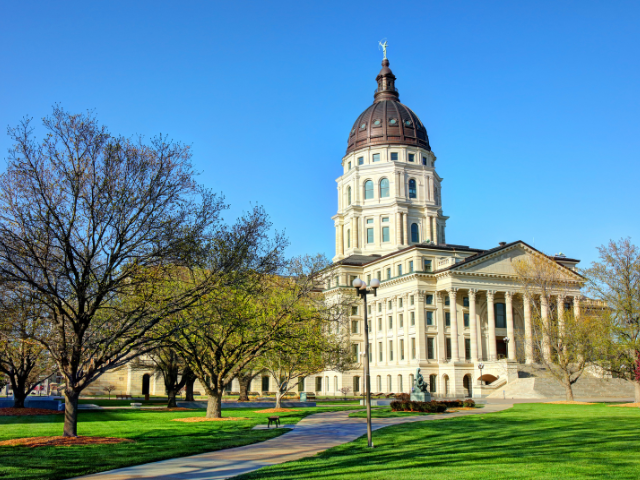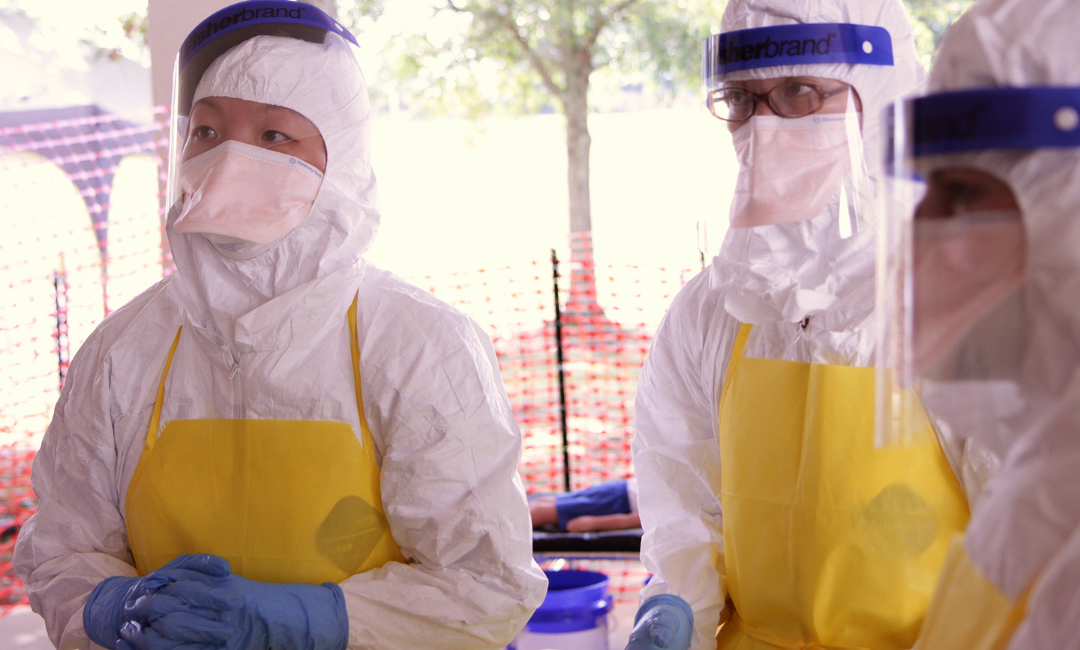Other Key Kansas Nursing Findings
Kansas RNs were found less likely to be actively employed in the industry than the national sample. Additional reasons for unemployment in Kansas, compared to the national survey, include:
- COVID-19 pandemic (31% vs. 22.6%)
- Inadequate salary (14.2% vs. 11.9%)
- School (6.7% vs. 9.5%)
- Difficulty finding a position (4.7% vs. 10.7%)
- Disabled (0% vs. 7.2%)
The report highlighted nursing unemployment, employment plans, hours worked per week, and demographic data, among other statistics compared to the 2022 National Nursing Workforce Survey.
“We saw a direct correlation that was measurable and significant,” Garcia said. “The Kansans living in counties with fewer nurses have a lower quality of life and die younger. Simply put: The number of nurses matters to the health and well-being of Kansans.”
That said, shortages are expected to continue in the state, as 29% of RNs and 23% of licensed practical nurses plan to retire within five years, the survey found.
Nurses throughout the state have made public their concerns about current staffing issues.
In March, nurses at Research Medical Center (Kansas City, Kansas) and Menorah Medical Center (Overland Park) rallied as part of contract negotiations in which they asked for increased staffing and better working conditions. A few months later, Wichita nurses walked out of Ascension Via Christi St. Francis, alleging unsafe conditions.
Addison Stover, a certified nurse assistant studying at KU, wrote for the Topeka Capital-Journal in support of increasing staffing standards in nursing homes. She said staffing shortages have forced workers into a balancing act between “our genuine desire to provide compassionate care and the harsh reality of being stretched thin.”
“The onset of the COVID-19 pandemic has mercilessly laid bare the vulnerabilities of our health care system,” she wrote. “The chronic shortage of staff has transformed our noble profession into a high-stakes gamble, where the odds are stacked against us, and the stakes are the well-being of Kansas nursing home residents. The burden on health care workers, especially those like me working in nursing homes, has reached an unprecedented level of stress.”









